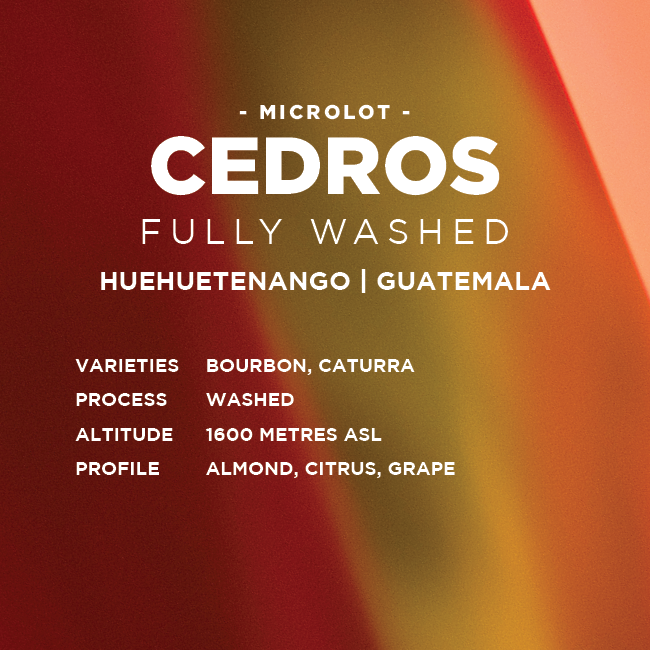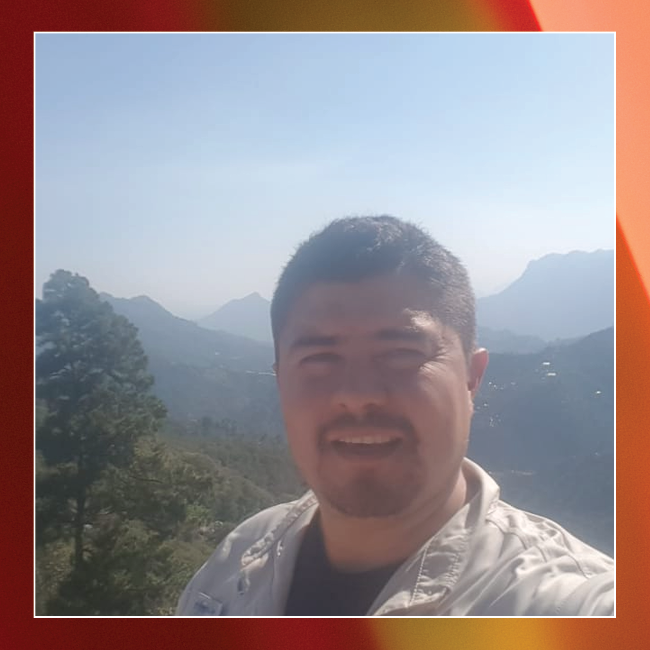Denna webbplats är skyddad av hCaptcha och hCaptchas integritetspolicy . Användarvillkor gäller.
I koppen: Kaffet är till karaktären balanserat med runda smaktoner av mandel, mjuk fruktighet och en uttalad fyllighet.
Koppning: 87,5 poäng
Munkänsla: Fylligt, krämig
Botanisk varianter: Bourbon, Caturra
Process: Fully washed (tvättat)
Producent: Fredy Morales & Selvin Palacios / Finca Cedros de Palmira
Växthöjd: 1600 möh
Region: Huehuetenango
Background:
Doctors Fredy Morales and Haller Palacios grew coffee together at Finca Cedros de Palmira in Aldea Palmira, where Dr. Haller was born. The farm’s name comes for the grow of cedars that Haller had planted in the area when he younger. Today, over 40 years later, the tall cedars provide shade for growing coffee as their extensive root structures slow soil erosion and promote water retention.
Haller’s son, Selvin Palacios, partnered with Fredy and his brother, Alejandro, to grow and sell coffee from Finca Cedros de Palmira through the Morales’ specialty coffee export company, Rosma Coffeelands.The Rosma team are frequent Cup of Excellence winners and their commitment to specialty coffee production is evident in each lot.
Cherry is handpicked and pulped in a drum pulper. Coffee is dry fermented for 24 hours and then sent through a grading channel and washed in clean water. Parchment is laid on a patio where it is raked frequently to promote even drying. Any damaged beans are removed by workers who repeatedly inspect drying parchment. The cloudier weather in the mountains enables slower drying, which can help prevent drying defects and make the coffee more stable.
Huehuetenango is well-known for its high altitude and consistent weather patterns. The region lies at a nexus of hot air sweeping eastwards from the Plains of Tehuantepec in Oaxaca, Mexico and cool air rushing down from the Cuchumantanes Mountains. The meeting of this hot and cold air creates a microclimate that keeps frost in check and enables coffee cultivation at higher altitudes. Coffee production at 2,000 meters above sea level here is common. These conditions are perfect for producing the sparkling acidity and distinctive fruit flavors of the region.



